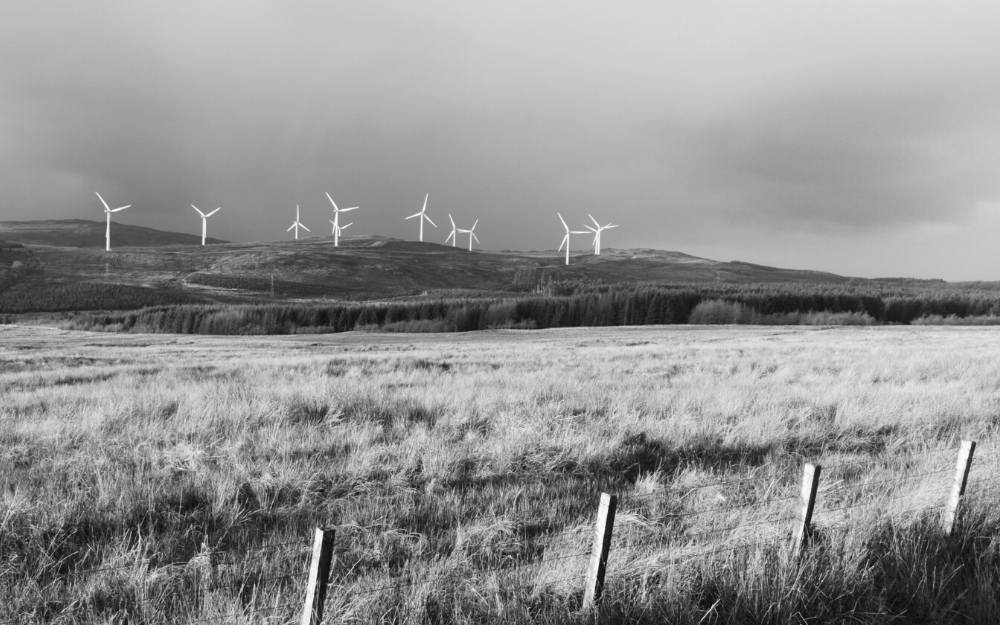
Landholders in certain areas of Queensland are experiencing an upswing in approaches by renewable energy companies. Solar and wind energy producers want to lease Queensland land to develop their operations. For those landholders, this could be an exciting opportunity to add a new income stream from your land. However, it is not without its risks.
Background
Queensland landholders are well placed to take advantage of the uptick in renewable energy.
Before parts of the Queensland electricity generation and supply system were privatised, the state took a long term view of the infrastructure needed. In several areas, surplus capacity was built into the system to allow for population growth.
That spare capacity, particularly in areas like southwest Queensland, around Gladstone and north of Cairns, now presents an opportunity for green energy providers.
Just as mining companies flock to mineral-rich areas, green energy companies are competing with one another to stake their claims. Energy companies want to establish green energy production sites in areas where there is spare capacity, and which are close to sub-stations so that they don’t lose voltage over longer distances.
Landholders in these desirable parts of Queensland may find themselves approached by multiple companies who are seeking to lease land for green energy production.
As with any business arrangement, there are pros and cons to green energy leases. Here’s what to consider.
Is a green energy lease beneficial for your business?
Additional income stream
For landholders, the opportunity to lease part of their land may enable them to expand their holdings. Landholders can show their lender that they have a reliable income stream thanks to the lease agreement, and therefore seek finance to buy neighbouring properties or make an “off-farm” investment that provides a different income stream.
Green energy leases are long term leases so landholders must consider whether a long term lease will tie up the land in ways that make it difficult to deal freely with their holdings. One possibility is to subdivide off the land used for green energy production so that the lease is only over part of your land.
Practical land use considerations
Green energy production is also often very space-efficient and can co-exist with crop production and some types of livestock. However there is no “one size fits all” in green energy production so the question of how suitable it is for your land will depend where on the land the energy company wants to build infrastructure, and what your current land usage is. Large infrastructure may get in the way of crops, or impede your ability to muster by air.
Legal implications of changing the use of land
It takes time to finally get all the required approvals for green energy production on your land and you will be asked to sign legal agreements at the very start of the process. By signing the agreement, you are changing the way your land may be used. If the agreement progresses all the way part of your land is will no longer be used for agriculture or primary production. It will then be used for energy production.
That has a couple of different repercussions.
Higher taxation
Firstly, it changes the way that the property is taxed, at all levels of government. You may lose the tax advantages that are afforded to primary producers, as well as various CGT and other small business concessions.
In Queensland, land tax does not normally apply to farming land that is owned by an Australian citizen, but it does apply to land used for energy production.
If the costs of owning the land rise, but the rent that the energy company is paying to lease the land does not, your profit margin is under threat.
Before signing agreements that can lead to a lease, it’s important to make sure that the deal will be economic for you as the landholder. The amount paid should compensate for any loss of taxation advantages so that you are not adversely affected.
Landholders become commercial landlords
Secondly, the agreements create contractual obligations. Once you cease to produce a primary commodity from your land and instead lease it out to an energy company, you are effectively renting it on a commercial basis. You become a commercial landlord.
Rural land owners may not see themselves this way, especially if they weren’t looking for a commercial investment opportunity. Nonetheless, the agreement is a commercial lease.
A commercial lease is a contract, and it is subject to contract law. Once signed, you can’t change its terms unless the other party agrees. Therefore, it is absolutely critical that you get advice on those terms before formalising the agreement. The obligations of both the landholder landlord and the energy company tenant should be clearly set out. Consider whether you need insurance, indemnification against liability or any special conditions.
Tony Randall, Director at Murdochs Lawyers, is recognised by Doyle’s Guide as a leading agribusiness specialist and is the only accredited property law specialist in Toowoomba and the Darling Downs. Along with his experienced team, Tony will guide you through this complex area of property law.
This publication has been carefully prepared, but it has been written in brief and general terms and should be viewed as broad guidance only. It does not purport to be comprehensive or to render advice. No one should rely on the information contained in this publication without first obtaining professional advice relevant to their own specific situation.




